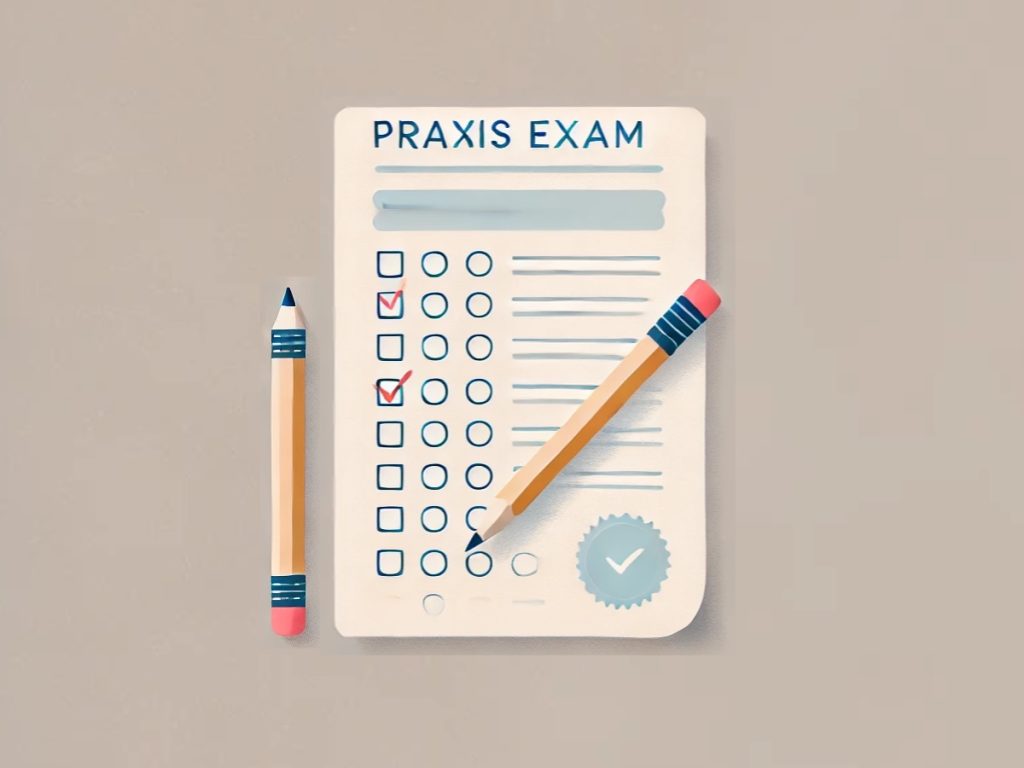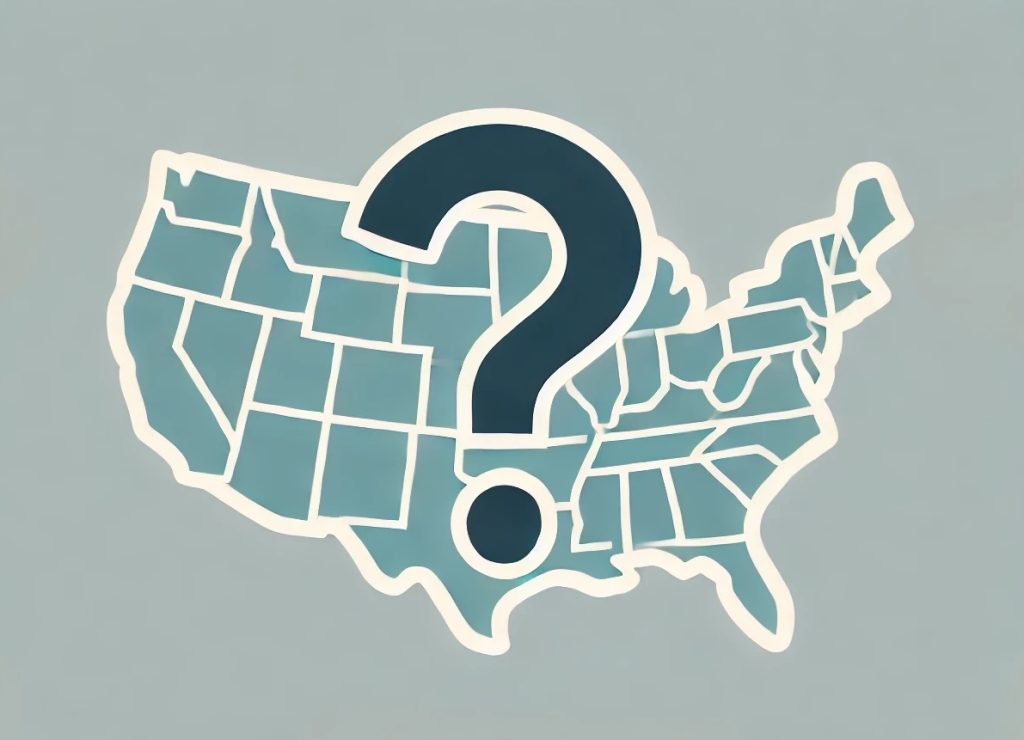Certifications
Speech pathology professionals use professional certification to advance their careers. Professional certifications demonstrate expertise while showing dedication to the SLP field. Additionally, they can provide access to improved career prospects and advanced professional positions. The path to becoming an speech-language pathologist requires knowledge about existing certifications and their implications for future career prospects.
The Certificate of Clinical Competence in Speech-Language Pathology (CCC-SLP) stands as the most prominent national certification which most employers demand. But it’s not the only one. The field offers multiple opportunities to develop specialized skills including fluency and swallowing expertise as well as PROMPT and PECS techniques. The article explains the main certifications SLPs need to know along with steps to obtain them and distinctions from state licensure requirements.
What Is the Certificate of Clinical Competence in Speech-Language Pathology (CCC-SLP)?
Speech pathology professionals in the United States obtain their highest certification through the Certificate of Clinical Competence in Speech-Language Pathology (CCC-SLP). The American Speech-Language-Hearing Association (ASHA) grants this nationally recognized credential. The certification establishes a professional standard which demonstrates that speech-language pathologists have fulfilled education requirements and clinical training and examination standards to practice independently and ethically.
The CCC-SLP certification is not mandatory for licensure in every state of the United States. It stands as the most widely held professional credential in speech pathology as its attainment follows a similar process to state licensing procedures. The CCC-SLP certification holds such value that most employers either demand it from candidates or prefer to hire those who already possess this credential. The certification holds significant importance in schools as well as hospitals and private practices. Some insurance payers depend heavily on the CCC-SLP because they only reimburse services provided by ASHA-certified clinicians.
The CCC-SLP certification provides professionals with state-wide practice recognition. The certification demonstrates national standards which facilitates state licensure transitions because it proves compliance with fundamental requirements of different states.
The CCC-SLP certification represents a significant achievement in a speech-language pathologist’s career. The certification from ASHA demonstrates that professionals have fulfilled demanding requirements which proves their dedication to delivering exceptio
Requirements for CCC-SLP Certification
The process to earn CCC-SLP goes beyond passing an exam, as it demonstrates your established base of scientific knowledge and practical skills in speech-language pathology. ASHA implements certification procedures that ensure new clinicians demonstrate independence and ethical practice. The following conditions must be satisfied for qualification.
The certification requires candidates to graduate from a CAA-accredited master’s (or doctoral) program in speech pathology. The program requires students to finish academic classes together with 400 hours of clinical supervision which includes 25 observation hours and 375 direct client contact hours spread across different age groups and disorder types.
Following graduation students must complete a Clinical Fellowship (CF) which provides mentored on-the-job training. The fellowship requires full-time participation for nine months or part-time commitment spread over a longer duration with a total minimum requirement of 1,260 hours. Your performance will be evaluated by an ASHA-certified SLP who will sign off when you demonstrate independent clinical skills.
The Praxis exam in speech-language pathology requires candidates to demonstrate their understanding of assessment methods and intervention techniques as well as research principles and ethical standards. A passing score is required before you can apply for certification.
When you submit your application you must answer professional conduct questions about your legal history and professional violations as well as ethical concerns. You must agree to follow ASHA’s Code of Ethics and provide documentation when necessary after disclosures.
The application process for CCC-SLP requires candidates to demonstrate readiness for practice through confidence and competence and integrity.
How to Apply for CCC-SLP Certification
The final step in getting your CCC-SLP from ASHA is to submit your application. You want to do this after fulfilling educational, clinical and testing requirements to ensure that the process goes smoothly and you don’t have to repeat the application process. The application process is fairly simple but it can feel complicated and stressful if you don’t stay organized or don’t have the necessary documents ready before you submit your application.
You must submit your application through AHSA’s online certification portal. Most candidates apply after finishing their Clinical Fellowship since their mentor has certified completion and all necessary documentation is ready. The application requires you to enter personal information and educational background while answering ethics and professional conduct questions and submitting the application fee.
ASHA requires specific documents to complete your application processing. Your graduate program needs to send an official transcript directly to ASHA which proves you received your degree. The Praxis exam scores need to be sent by ETS to confirm your passing results. Your Clinical Fellowship mentor must provide verification that you finished your CF experience successfully and showed necessary skills for independent practice through a final report.
Applicants who answered “yes” to any ethics questions on their application must provide additional documentation for ASHA to assess.
After submitting all required documents ASHA will review applications during a six-week period. The approval notification from ASHA will trigger your eligibility to use the CCC-SLP credential following your name.
Many states use the CCC-SLP certification to meet their licensure requirements which helps future professionals who plan to work across different states.
Other SLP Certifications & Specializations
The CCC-SLP serves as the basic certification for speech-language pathologists yet many professionals obtain extra certifications to build specialized knowledge in particular client groups or treatment methods. Specialized certifications enable SLPs to deliver more comprehensive services while making their practice more distinctive in competitive hiring environments and addressing the needs of clients who require advanced care. The certifications fall into two categories: board-recognized specialties and training-based credentials from respected organizations. Here are some of the most recognized options:
- Board Certified Specialist in Swallowing and Swallowing Disorders (BCS-S):
A certification for SLPs who specialize in the evaluation and treatment of swallowing disorders (dysphagia). Requires holding the CCC-SLP, at least 3 years of clinical experience post-certification, and around 75 hours of advanced continuing education in swallowing. Ideal for SLPs working in hospitals, rehab centers, or medical settings. - Board Certified Specialists in Stuttering, Cluttering, and Fluency Disorders (BCS-SCF):
Recognizes expertise in treating stuttering, cluttering, and other fluency issues. Candidates must have the CCC-SLP, at least 3 years of experience, 60 hours of continuing education with 48 directly related to fluency in the last 3 years, and a clinical case portfolio. Common among SLPs in private practice or those who focus heavily on fluency therapy. - Certified Autism Specialist (CAS):
Designed for professionals working with individuals on the autism spectrum. Requires a master’s degree (or equivalent experience), at least 2 years of autism-related work, 14 hours of autism-specific continuing education, and passing an exam. Useful for SLPs in early intervention, school-based roles, or autism-focused clinics. - LSVT LOUD® Certification:
Trains SLPs in an evidence-based voice therapy technique for individuals with Parkinson’s disease and similar conditions. Requires completion of a two-day in-person or online training and passing a post-course assessment. Common among SLPs working in neuro rehab or voice therapy. - Speech-Language Pathology Assistant (SLPA) Certification (C-SLPA):
Offered by ASHA for support personnel who assist SLPs. Requires specific coursework, 100 hours of supervised clinical fieldwork, ethics training, and passing the SLPA exam. Designed for assistants, not licensed SLPs, and typically used in school or clinical support settings. - PROMPT (Prompts for Restructuring Oral Muscular Phonetic Targets) Certification:
A tactile-kinesthetic approach to treating motor speech disorders. Certification involves multiple levels of training and a self-study practicum. Best suited for SLPs working with children or adults with apraxia or severe articulation issues. - Picture Exchange Communication System (PECS) Certification:
Focuses on teaching nonverbal individuals to communicate using picture symbols. Requires completing official PECS workshops and demonstrating competency through video submissions and exams. Often pursued by SLPs working with minimally verbal children, especially in autism-focused settings.
Are SLP Certfications and Licensure the Sam Thing?
Speech-language pathology certification and licensure exist as separate entities which share a close relationship although they serve distinct functions.
A speech pathologist needs state licensure to provide services legally in their state. The majority of states use CCC-SLP standards to establish their licensure requirements which show strong similarities. You need to provide your graduate degree along with Praxis scores and clinical fellowship completion to meet the requirements. Some states need their speech-language pathologists to complete a jurisprudence exam and ongoing education requirements for maintaining their licensure. A license serves as the legal requirement for practicing speech pathology and using the title “speech-language pathologist” in most professional settings.
The CCC-SLP represents a professional credential which ASHA grants to certified members. The CCC-SLP certification holds voluntary status but most professionals in the field choose to obtain it. The certification demonstrates your achievement of nationwide professional standards which employers and insurance providers frequently demand. The process of obtaining licensure in various states becomes more straightforward for certified professionals because their credentials simplify verification requirements. Speech-language pathologists who earn additional specialty certifications like BCS-S or PROMPT demonstrate their expertise in specific areas beyond the CCC-SLP certification.
Having licensure allows you to practice legally yet certification brings additional professional recognition and credibility to your work. SLPs who obtain both certifications demonstrate their commitment to excellence through their dual certification.
Related Articles

Speech Pathologist vs Speech Therapist: What’s the Difference?
If you have ever been researching speech-language pathology careers and come across the words ‘speech pathologist’ and ‘speech therapist’, you might wonder if they are

What is the Praxis Exam for Speech Language Pathology?
If you are pursuing the position of a speech-language pathologist, then you may have heard of the Praxis exam from your professors, classmates, or even

What is the Speech-Language Pathology Interstate Compact?
If you are interested in pursuing a career in SLP and have been researching licensing requirements or are simply interested in learning more about SLP
